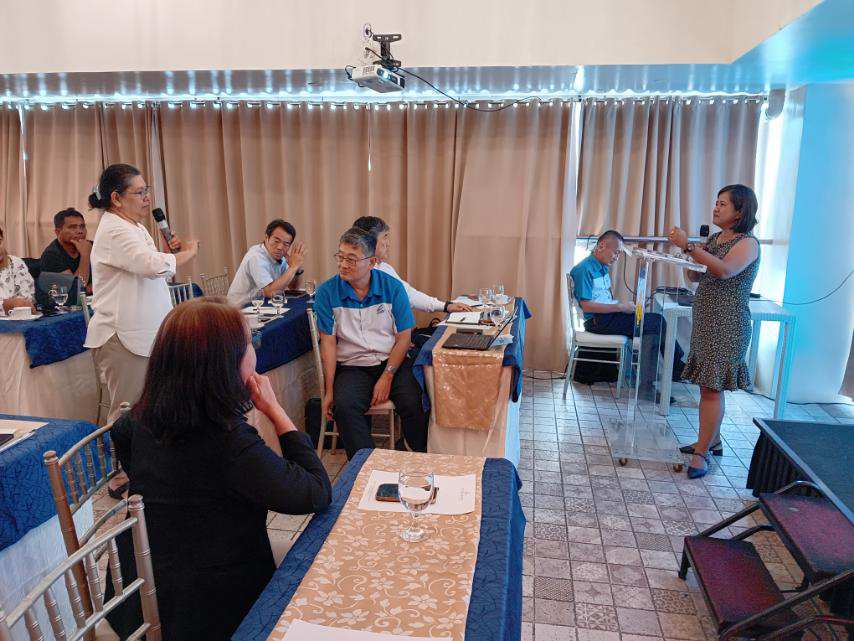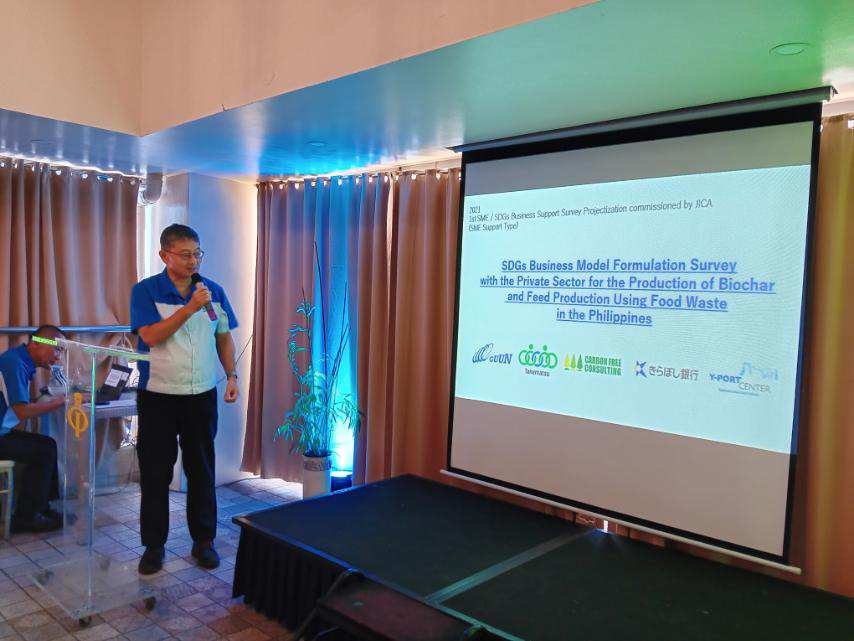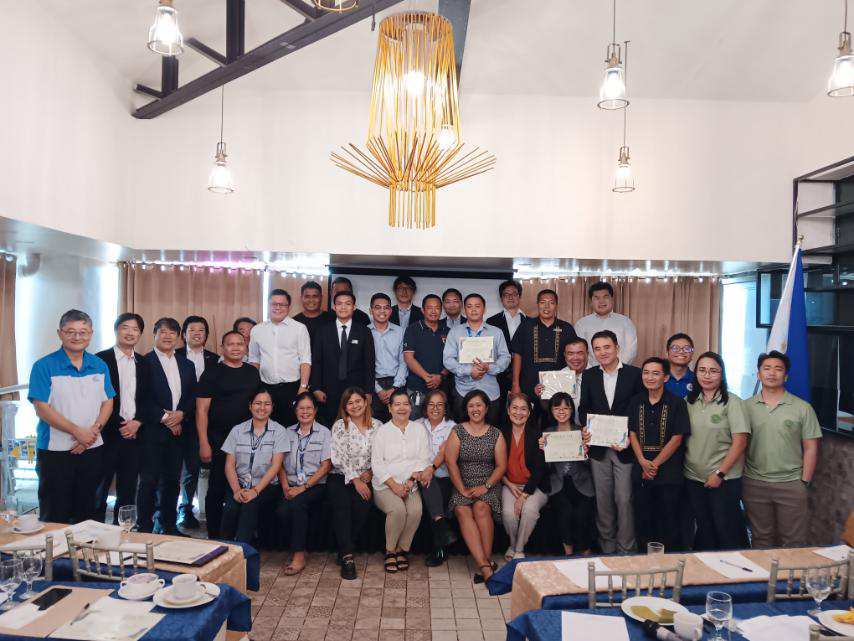Japanese firms and Cebu spearhead a feasibility study on converting food wastes into fuel, soil conditioner, and animal feeds to boost circular economy and fight climate change
2024.02.06
The Japan International Cooperation Agency (JICA), Japanese firms Guun Co., Ltd., and Takematsu Shoji Co., Ltd., and Mandaue City Environment and Natural Resources Office (MCENRO) are implementing the feasibility study on converting food wastes into biochar as alternative fuel, soil conditioner, or animal feeds.
The cooperation is one of several projects under the JICA Partnership with the Private Sector Program introducing Japanese technologies and ideas to address common challenges in society like waste management. Through this initiative, Guun and Takematsu Shoji share their unique technologies in Cebu to convert middle or low-quality food wastes to biochar as alternative fuel, soil conditioner, or high quality food wastes to animal feeds.
“JICA welcomes the efforts of the local government of Mandaue City, specifically MCENRO, to work with us and with Japanese firms for a feasibility study on recycling biodegradable wastes,” said JICA Senior Representative OSHIMA Jiro. “This partnership continues JICA and Cebu’s long-standing cooperation to make the latter greener, more livable, and climate resilient,” OSHIMA added.
The Philippines already has a law implementing better landfill management and alternatives to it. The latest JICA initiative is along that line. Further, converting food wastes into fuel, soil conditioner, or animal feeds can help contribute to carbon dioxide reduction, and climate change mitigation in the Philippines.
Japanese firm Guun Co.,Ltd. has been in the Philippines since 2013 for a solid waste management and resource recycling for Cebu’s Inayawan Landfill. Said project turned out to be a good model showcase of converting plastic wastes into alternative fuel for cement companies.
Guun Co.,Ltd and Takematsu Shoji Co.,Ltd are known in Japan for their expertise in waste management. Guun has more than 20 years of experience in recycling wastes into fuels, while Takematsu Shoji has operated a large-scale food waste to animal feeds recycling facility in Yokohama City, Japan.
This project is one of 20 ongoing projects under JICA’s partnership program with the private sector in the Philippines involving Japanese companies. The others feature assistance to disaster management using AI, renewable energy supply through solar power, agroindustry development introducing Japanese technology and know-how, Japanese style nursing-care system and many more.



scroll